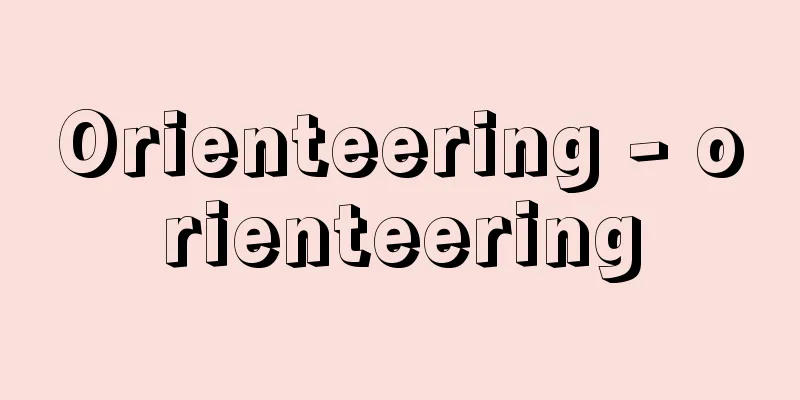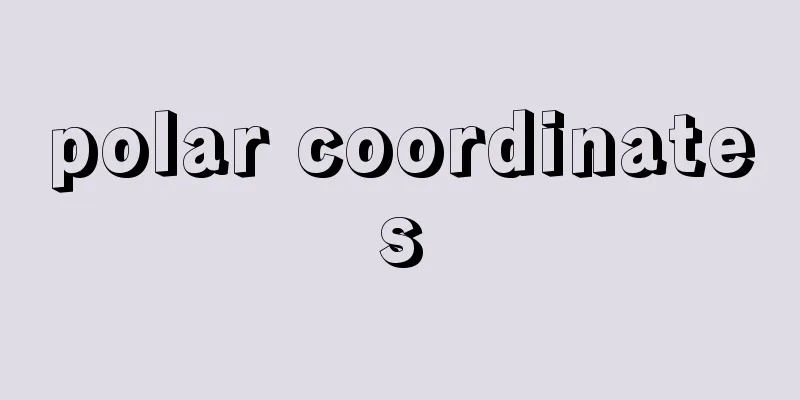Sommer, R.

|
... is a psychiatric term referring to mental disorders based on psychological causes, often frustration or conflict. The concept is said to have started when German psychiatrist R. Sommer used the term "psychogenie" in 1889. The term psychogenic reaction is a somewhat ambiguous concept, and the current general view is that it does not include neurosis, but some people include neurosis, especially hysteria. *Some of the terminology that mentions "Sommer, R." is listed below. Source | Heibonsha World Encyclopedia 2nd Edition | Information |
|
…心理的な原因,多くは欲求不満や葛藤にもとづいた精神的な障害をさす精神医学用語。ドイツの精神科医ゾンマーR.Sommerが1889年に〈心因症Psychogenie〉という名称を用いたのが,この概念の端緒とされる。心因反応という用語はやや多義的な概念で,神経症をこれに含めないのが現在の一般の見解であるが,神経症ことにヒステリーを含める人もある。… ※「Sommer,R.」について言及している用語解説の一部を掲載しています。 出典|株式会社平凡社世界大百科事典 第2版について | 情報 |
Recommend
mitten
…They are used to keep warm, to protect during sp...
Xochimilco (English spelling)
Xochimilco is the administrative center of the Xoc...
Port Radium
A settlement in the Northwest Territories, Canada....
Balkline game
...A little before this, a completely new game, f...
Kitazoe Kitsuma
1835-1864 A Sonno Joi activist from the end of th...
Nanko Station Story - Nanko Station Story
A joke story written by Kitasa Nosanjin. Published...
Freetown - Freetown (English spelling)
The capital of Sierra Leone, West Africa. Populat...
Kasuru - to scratch
…(4) Tombs (qubba, gunbad, türbe, mashhad): These...
Nefertiti - Nefertiti (English spelling)
Date of birth and death unknown. Queen of Akhenat...
"Educational Poem"
...He re-educated the destitute boys at this faci...
"African Woman" - African Woman
…In 1831, he premiered his first French opera, Ro...
Revolt - Ikki
The bond and behavioral pattern between warriors ...
Abbati, G.
… Fattori blended moving figures with the landsca...
Rainproofing - Amajimai
It is to prevent rainwater from entering a buildi...
Ochna multiflora (English spelling)
… [Mitsuru Hotta]... *Some of the terminology tha...









